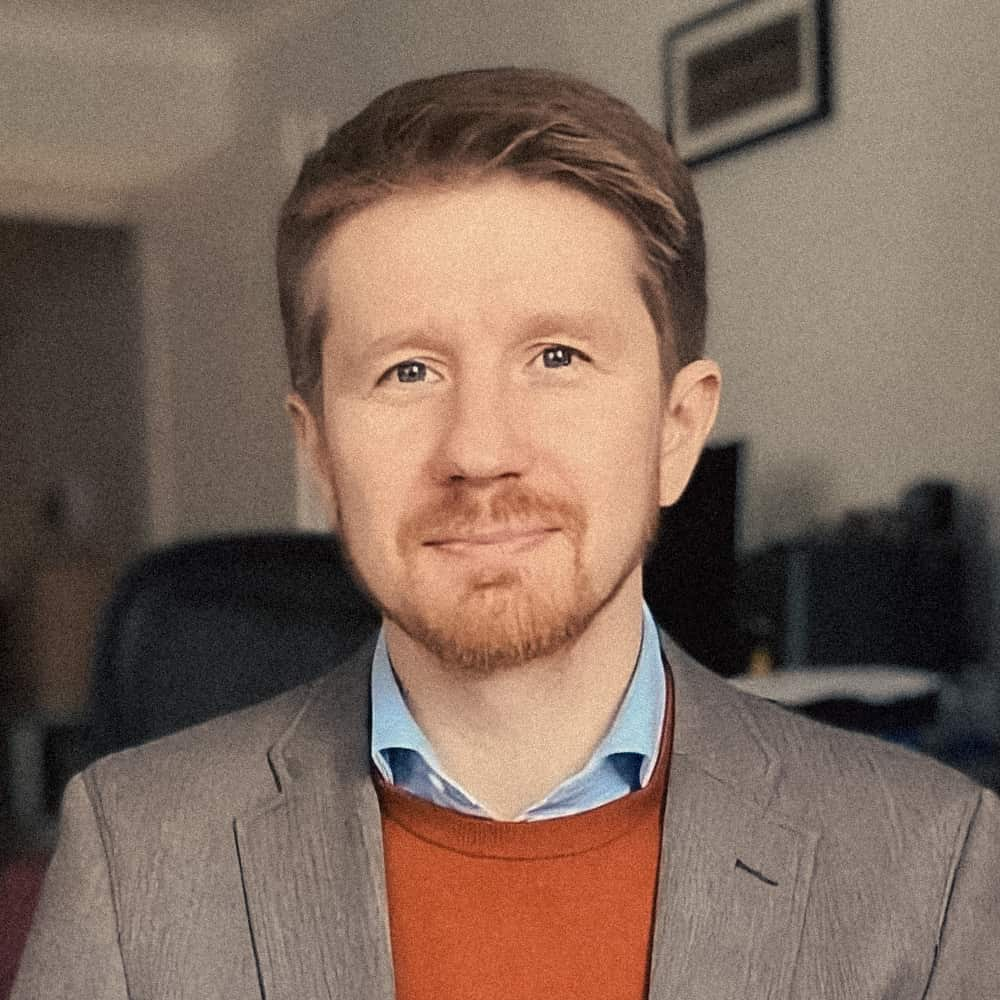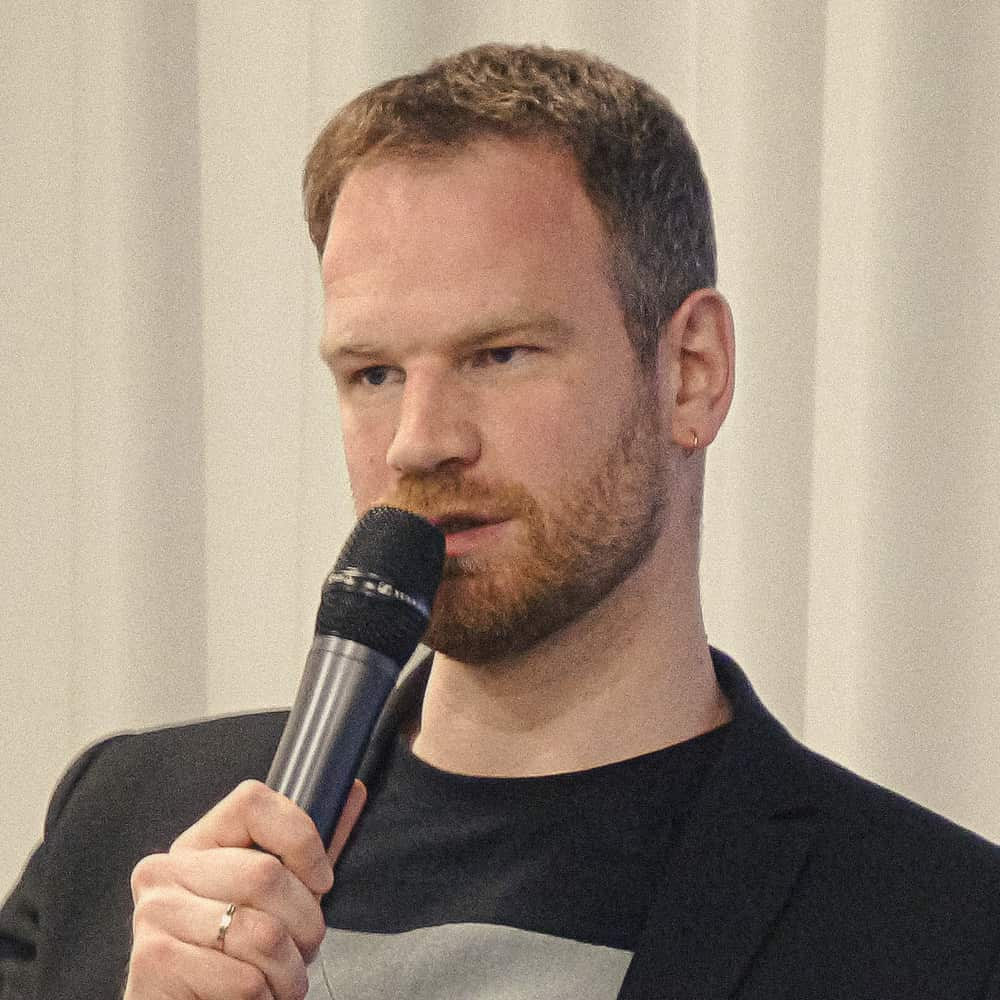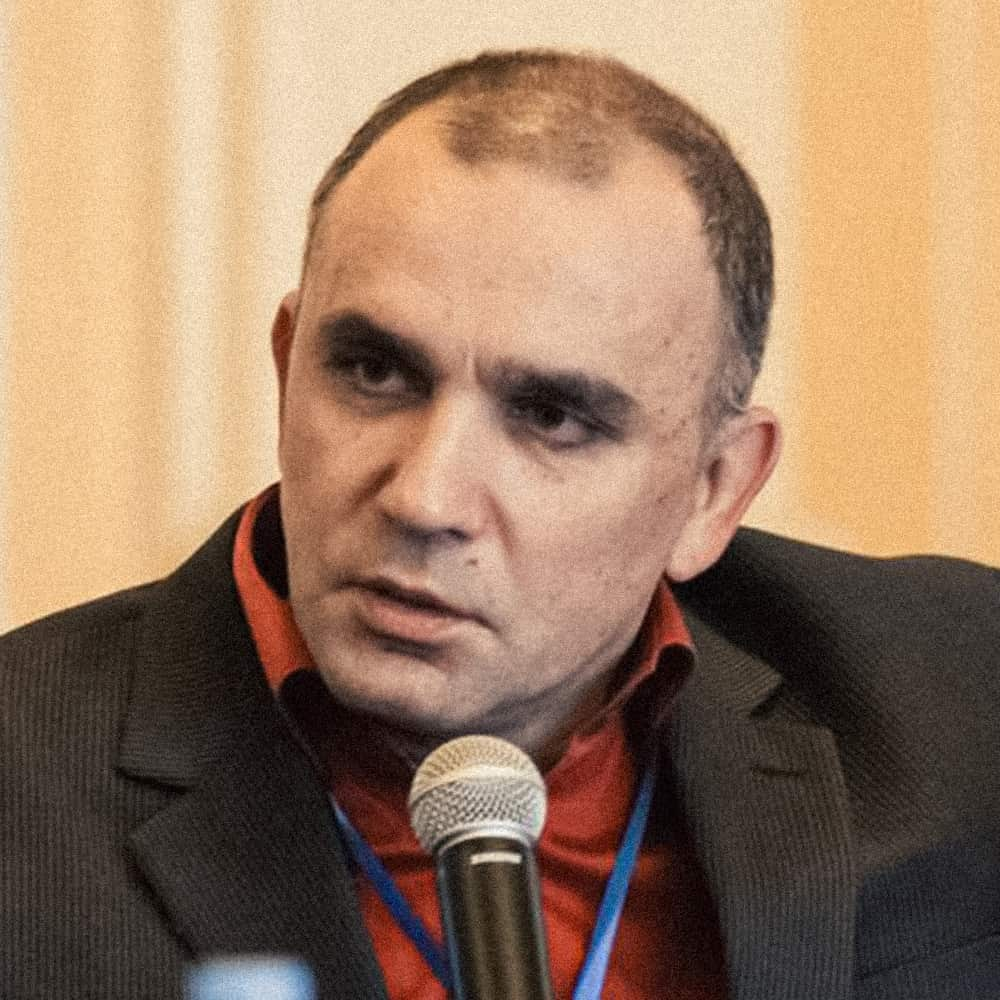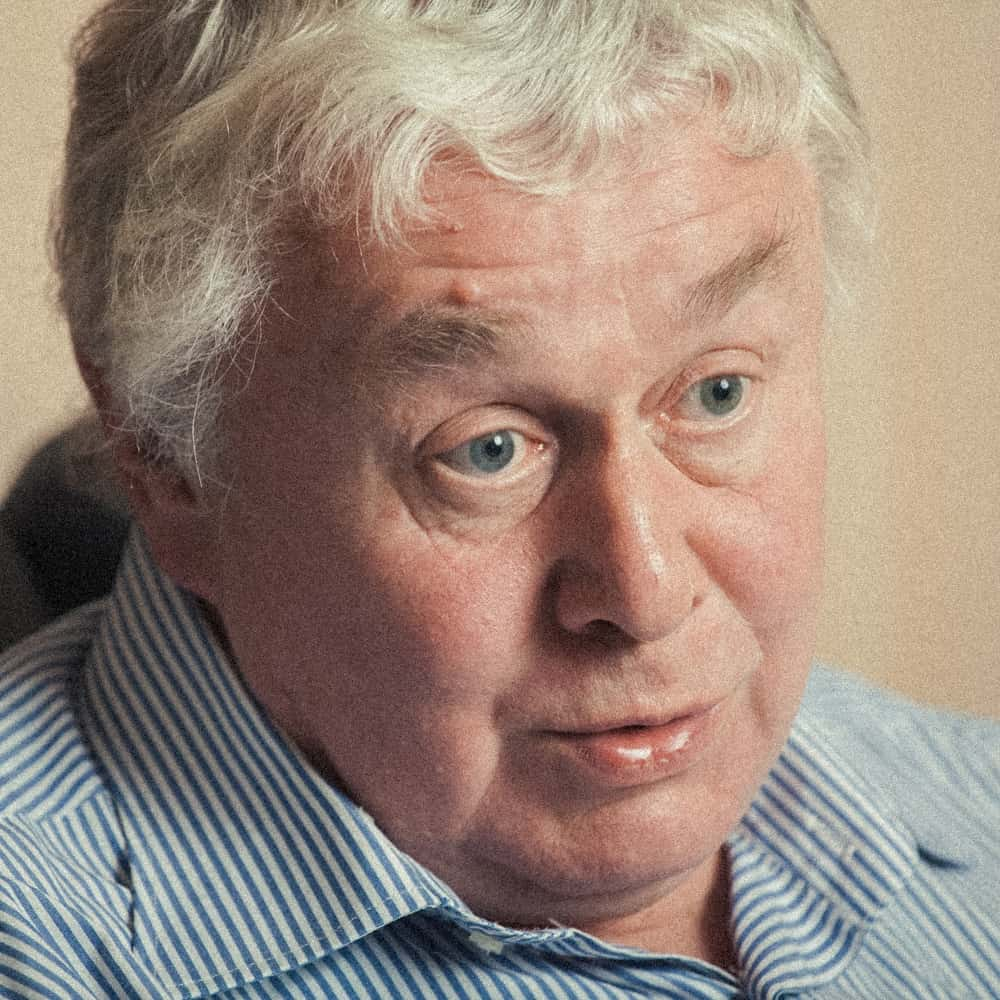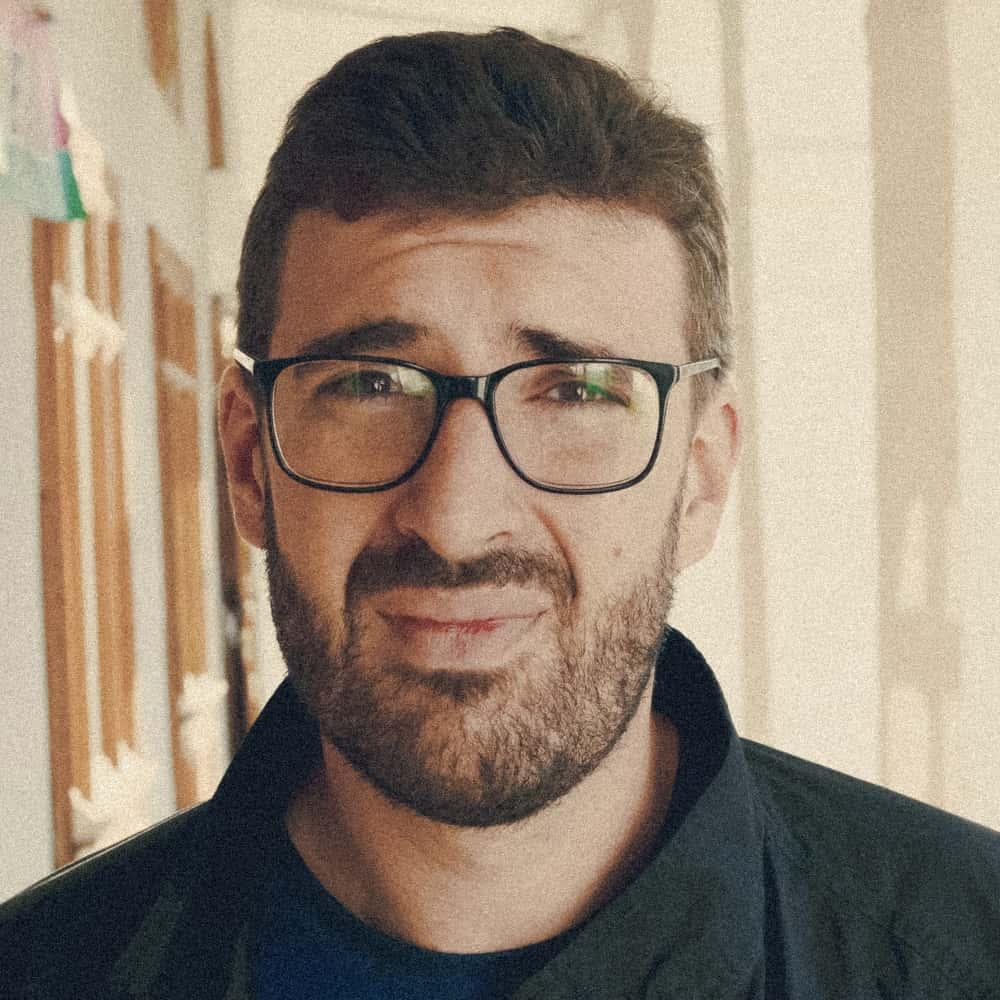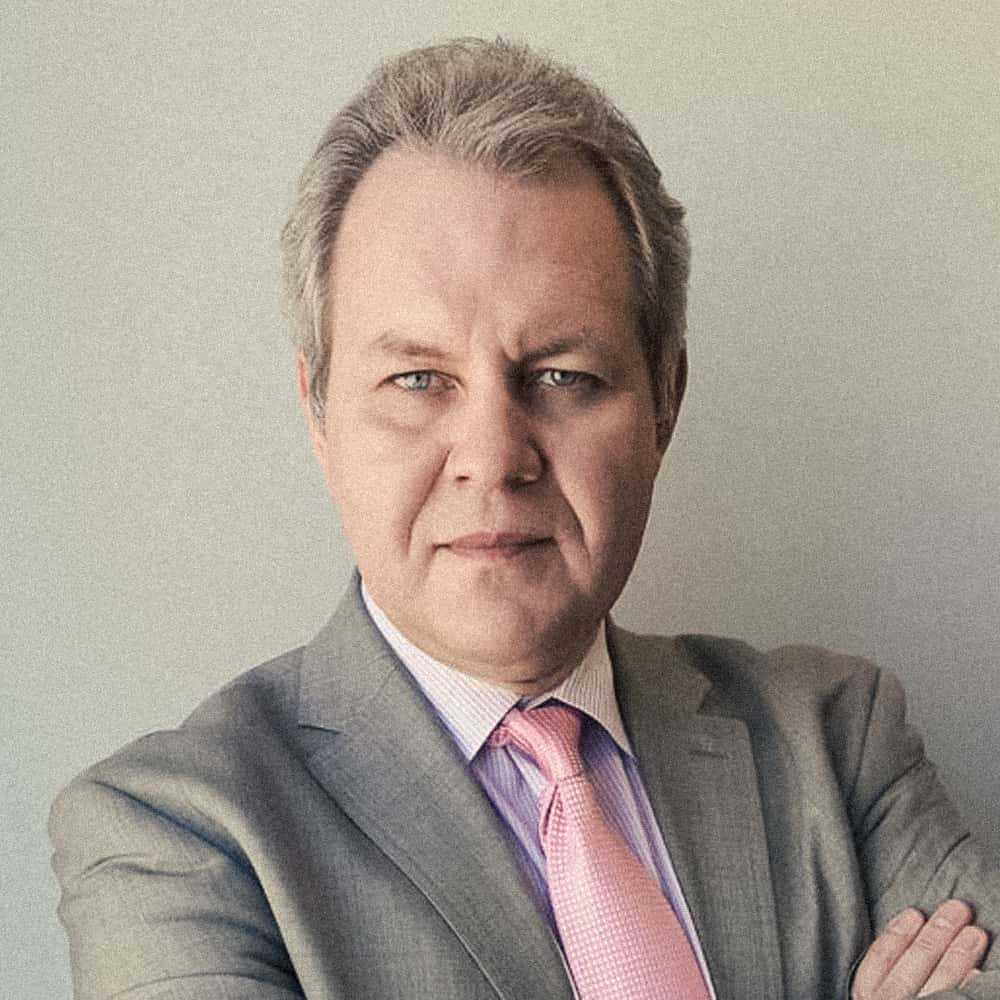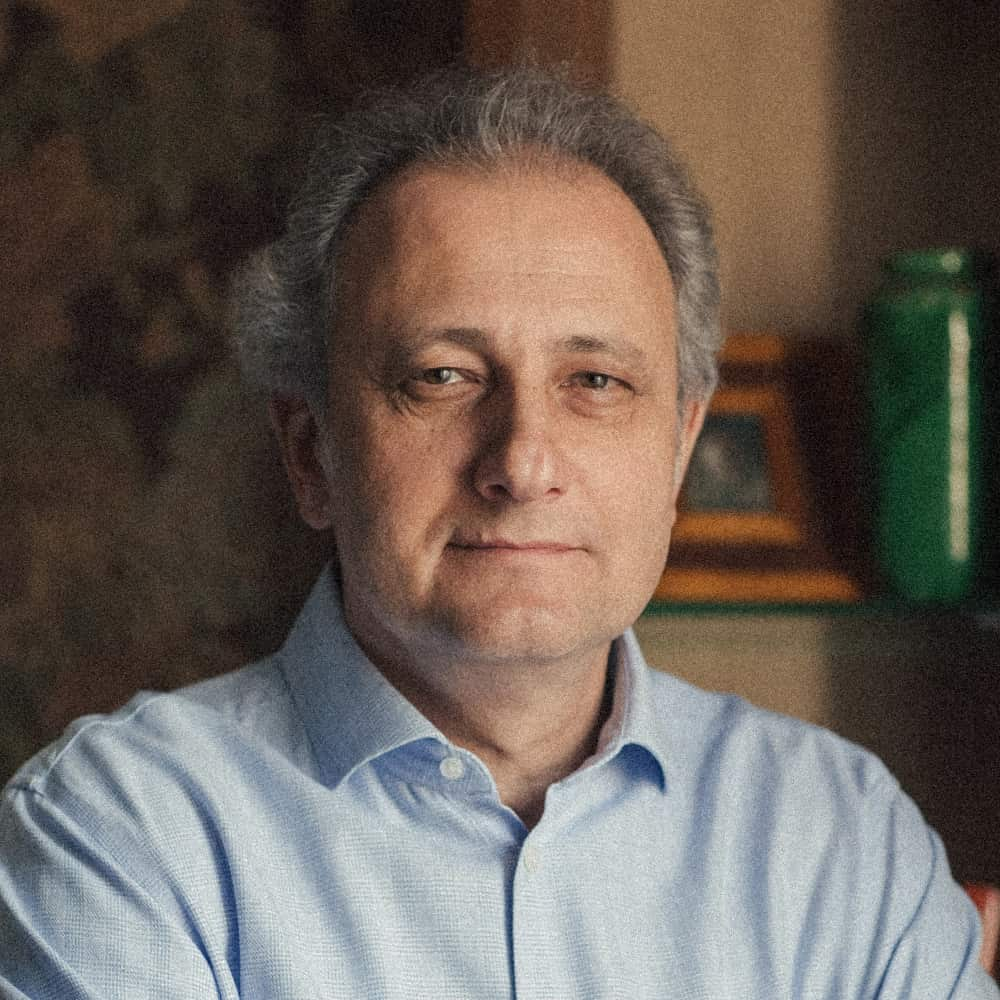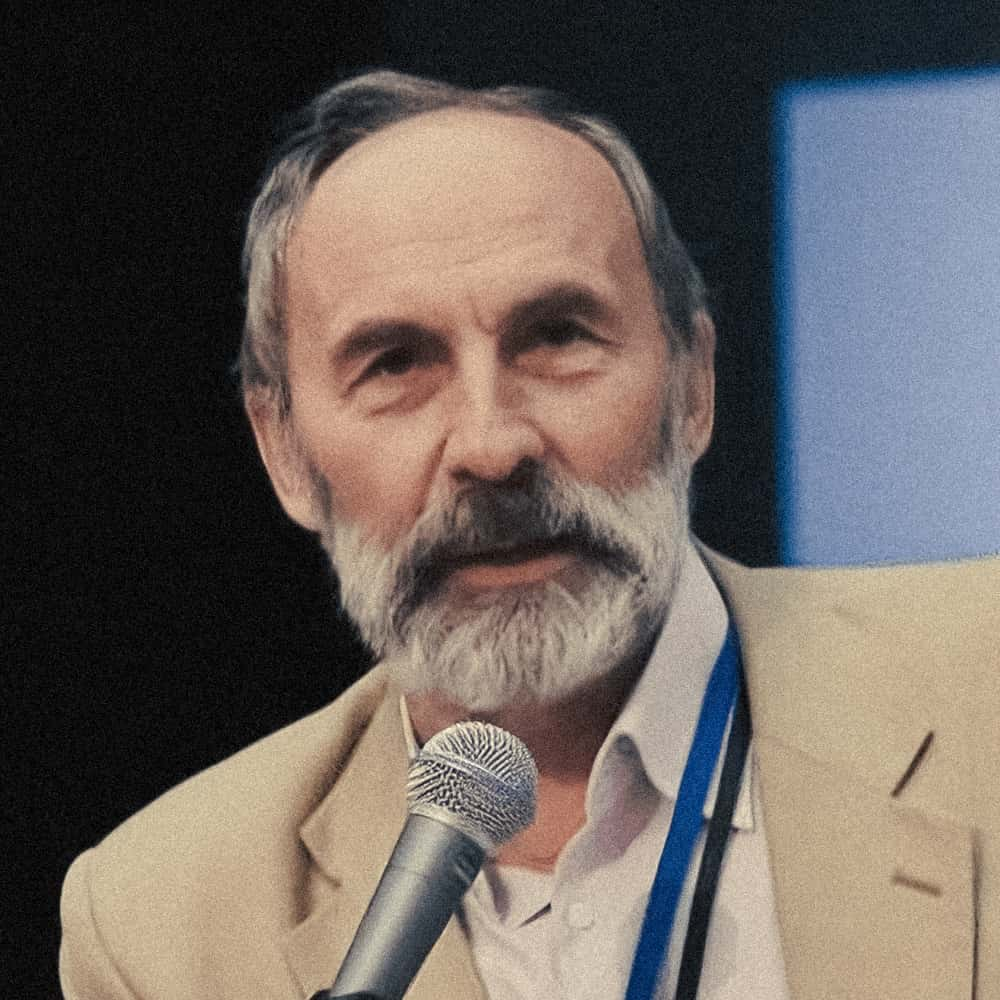 Evgeny Anisimov
Evgeny AnisimovHistorian, PhD in History, Professor, Chief Research Fellow at the St. Petersburg Institute of History of the Russian Academy of Sciences, Professor at the European University at St. Petersburg
The issue isn't just about Boris Yeltsin's style of governance or his crude desire to ensure the well-being of his "family." More significant is the tectonic shift, a return to Russia's traditional historical path chosen since the time of Ivan Kalita. The past thirty years were an aberration from Russia's historical trajectory, which has been dominated by some form of dictatorship and imperialism. This historical pattern, rooted in the influence of the Tatar-Mongol yoke, emphasized territorial expansion and strong centralized power. This differed sharply from the self-governance and city democracy found in places like Veliky Novgorod. In Moscow, these institutions never existed . The expansion of power into new territories mirrored the autocratic model established in Moscow marked by an iron-fisted rule, capricious in nature. As Pushkin wrote, in Russia, a person's life depended on the “whims of autocracy.”
The current ruler of Russia has inherited many traits characteristic of historical Russia. This discourse, however, is not exclusive to him but is also prevalent in society, which, until the late 1990s, lived under a similar regime. The perception of unchanging power has always been largely normalized. Autocratic rule made it a crime to speculate about the ruler's age and potential abdication. The serfdom system profoundly affected the innate human sense of freedom. The image of defrauded investors kneeling with protest signs exemplifies a deep-rooted tradition. How a servant pleads to the tsar to collect his earned wages — "Mercy, Sovereign, show pity, grant me, your humble servant, your alms" — highlights a mindset where everything belongs to the ruler, and it's at their discretion to grant or withhold what's duly earned.
Regarding the concept of empire, it involves not only the ruler's will but also the people's perception of space. The idea of a vast, ever-expanding territory is deeply ingrained in the Russian consciousness, often seen as more important than anything else. “We love space (remember the words of the patriotic song “Vast is my Motherland”), we are big, we never have enough land.” This peculiar, distorted desire for freedom and expansiveness is a key characteristic of the people. The power structure has well understood this notion of grandeur as a core value, hence from ancient times, every ruler was expected to annex new territories. A ruler who failed to do so was considered ineffective by the people. This ambition for territorial expansion remains significant even today.
The approval of the government's actions in annexing territories partially soothes the longing for the Soviet Union. This sentiment is not based on the notion that Russians should dominate, but rather on the desire for a vast, unified, indivisible, and homogenous country. So that you can spread your hands and exclaim: “I don’t know another country like this, where people can breathe so freely.” And these thoughts were expressed during an era of extreme dictatorship.
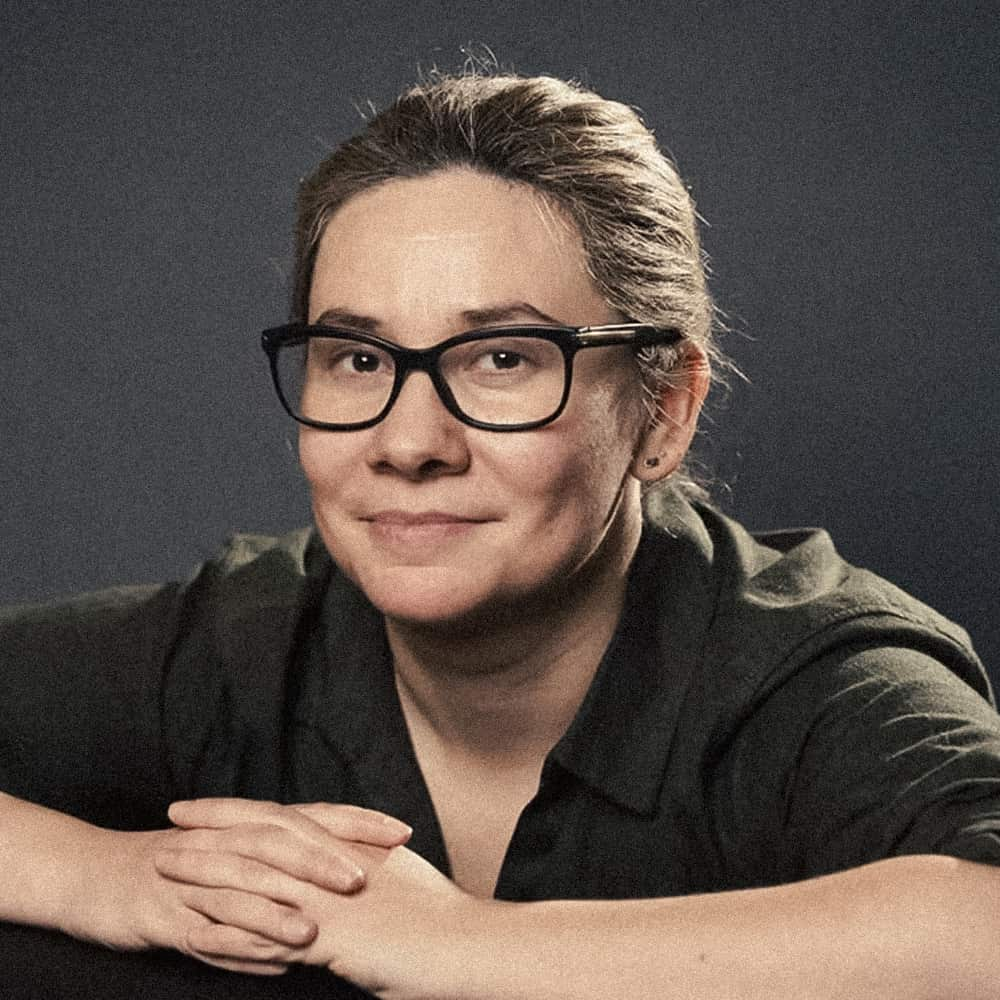 Margarita Zavadskaya
Margarita Zavadskaya